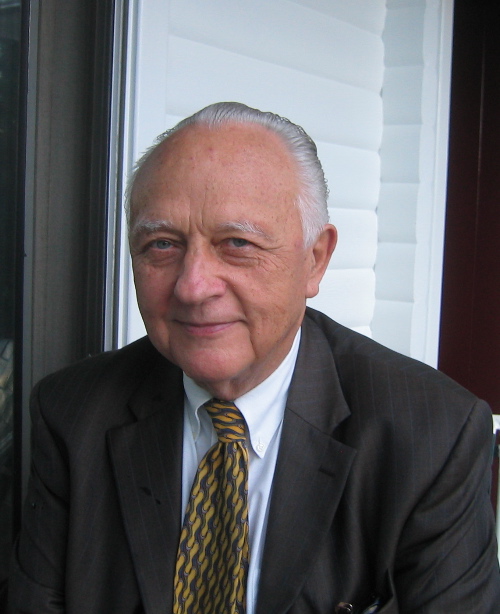 Professor Emeritus, Department of Chemistry and Biochemistry,
Professor Emeritus, Department of Chemistry and Biochemistry,University of California, San Diego, CA, USA
Director of the Biological Trace Element Research Institute,
San Diego, CA, USA
Dr. Schrauzer was a Professor Emeritus (UCSD), researcher, inventor, and author. He was the Director of the San Diego-based Biological Trace Element Research Institute.
Gerhard N. Schrauzer studied chemistry at the University of Munich, where he received a Ph.D. degree summa cum laude in 1956 and became a member of its Science Faculty in 1963. He came to the United States in 1964 and, in 1966, accepted a position as a full professor at the University of California, San Diego, where he remained until his retirement in 1994.
He is internationally known and recognized for his work on vitamins and trace minerals. Professor Schrauzer pioneered the study of the biological functions of selenium, especially related to its cancer-protective properties. He published over 300 papers and reviews in national and international journals and authored or edited several books.
Dr. Schrauzer had visiting Professorships at the University of Nanjing, China, the University of Osaka, and the School of Medicine, University of Occupational and Environmental Health, Kitakyushu, Japan. In 1997, he was named Honorary Professor at Xi’an Medical University.
He was a member of the American Association for Cancer Research, the American Institute of Nutrition, the American College of Nutrition, the American College of Toxicology, the Association of Clinical Scientists, the American Chemical Society, and other prestigious organizations.
In 1994, professor Schrauzer received the “Sir Frank Macfarlane Burnet Commemorative Award for Clinical Tumor Immunology.” In 2000, the “International Schrauzer Prize” was created to honor scientists working in fields at the interface of chemistry and medicine. Dr. Schrauzer was one of the first members of the Council for Nutritional and Environmental Medicine.